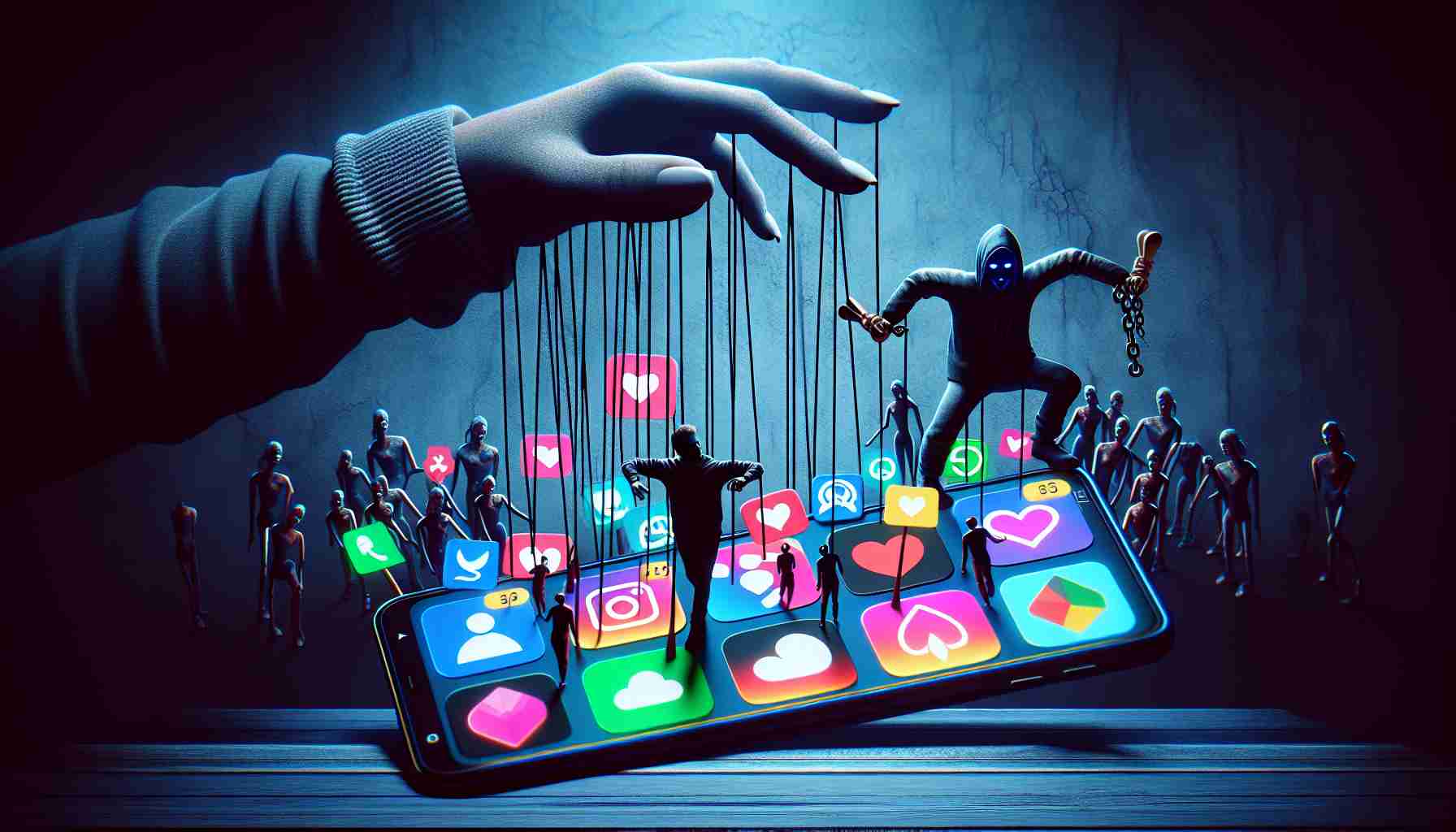Dating apps have revolutionized the way we connect with potential partners, but they have also brought their fair share of heartbreak. From being ghosted to feeling like a disposable option, many users have experienced the downside of these platforms. However, few have taken their grievances to court.
Recently, on Valentine’s Day, six dating app users filed a proposed class-action lawsuit against Tinder, Hinge, and other Match dating apps, accusing them of using addictive, game-like features to encourage compulsive use. The lawsuit claims that these apps employ manipulative product features that exploit the brain’s reward system, turning users into “gamblers locked in a search for psychological rewards.” This alleged obsession with generating rewards fuels addiction and drives expensive subscriptions.
While Match dismissed the lawsuit as “ridiculous,” it reflects a broader backlash against the gamification of human experience for profit. Dating experts agree that these apps manipulate users’ behavior and emotions, leaving them feeling deceived. Mia Levitin, author of The Future of Seduction, compares the addictive nature of smartphones to that of cigarettes, arguing that big tech has become the new big tobacco.
The design of dating apps taps into the brain’s reward system, prioritizing instant gratification over long-term connections. By swiping and matching, users receive a quick hit of dopamine akin to a junk food fix. Natasha Dow Schüll, author of Addiction by Design, likens this game-like element to playing slot machines.
Moreover, dating apps can contribute to dysfunctional dating behaviors. Natasha McKeever, a love and sex specialist, believes that these platforms encourage ghosting, breadcrumbing, and backburner relationships. The idea that a better partner could always be one swipe away encourages a sense of dissatisfaction.
Beyond manipulation and addiction, dating apps deepen societal inequalities. Lee MacKinnon, an expert on the gamification of dating apps, explains that these platforms reproduce privilege by perpetuating idealized preferences for certain ethnicities, age groups, and body types. Match.com’s use of the Elo algorithm, originally developed for competitive games, exemplifies this issue.
While dating apps may offer a wider pool of potential partners, they also come at a cost. Millennials spend an average of 10 hours per week on these platforms, leading to negative effects on mental health. Luke Brunning, a philosophy lecturer, likens the infinite scroll of profiles to the mindless scrolling on social media.
To address these concerns, platforms could improve transparency around matching algorithms and educate users about the pitfalls of online dating. They could also take corrective actions against ghosting and serial swiping and expose users to their own biases.
While the lawsuit against dating apps may face challenges in court, it highlights a systemic problem within the dating app ecosystem. It is essential for users to recognize the potential pitfalls and demand responsible practices from these platforms.
Frequently Asked Questions:
1. What is the main issue raised in the lawsuit against Tinder, Hinge, and other Match dating apps?
The lawsuit claims that these apps use addictive, game-like features to encourage compulsive use and exploit the brain’s reward system. The users argue that this leads to addiction and expensive subscriptions.
2. How have dating apps been criticized?
Dating apps have been criticized for manipulating users’ behavior and emotions. They prioritize instant gratification over long-term connections and can contribute to dysfunctional dating behaviors, such as ghosting and backburner relationships.
3. How do dating apps deepen societal inequalities?
Dating apps can perpetuate privilege by promoting idealized preferences for certain ethnicities, age groups, and body types. Algorithms, like Match.com’s Elo algorithm, can replicate biases and exclusions present in society.
4. What negative effects can using dating apps have on mental health?
Millennials spend an average of 10 hours per week on dating apps, which can have negative effects on mental health. The infinite scroll of profiles can lead to mindless scrolling and feelings of dissatisfaction.
5. What measures could be taken to address concerns with dating apps?
Dating platforms could improve transparency around matching algorithms and educate users about the potential pitfalls of online dating. They could also take actions against ghosting and serial swiping and expose users to their own biases.
Key Terms:
– Gamification: The process of adding game-like elements to an activity or experience.
– Dopamine: A neurotransmitter associated with pleasure and reward.
– Ghosting: The act of suddenly ceasing all communication with someone without explanation, typically in the context of dating.
– Breadcrumbing: The act of sending sporadic messages or signals to someone to maintain their interest without committing to a relationship.
– Backburner relationships: Maintaining relationships with people as potential future options while priorities are focused elsewhere.
– Elo algorithm: Originally developed for competitive games, this algorithm is used by Match.com to rate the attractiveness of users and match them accordingly.
Suggested Related Links:
– Match.com
– Tinder
– Hinge
The source of the article is from the blog guambia.com.uy
